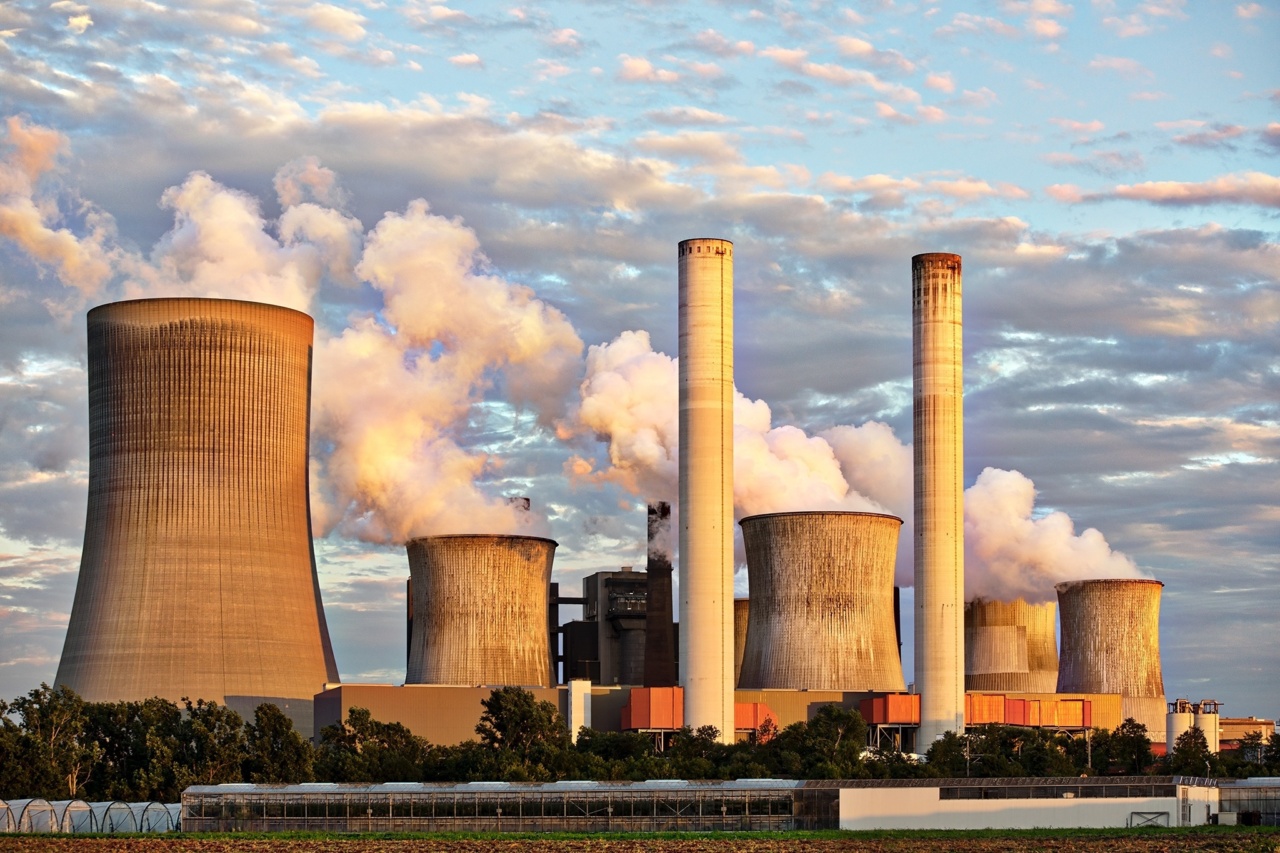Air pollution is a significant problem globally, and it can have adverse effects on the kidney function of individuals exposed to it.
There are different types of pollutants present in the air, including particulate matter (PM), nitrogen oxides (NOx), sulfur dioxide (SO2), ozone (O3), and carbon monoxide (CO), among others, that can cause various respiratory and cardiovascular diseases. However, studies have linked air pollution to renal dysfunction, chronic kidney disease (CKD), and end-stage renal disease (ESRD) as well.
What is Air Pollution?
Air pollution is a combination of various particulates and gases in the atmosphere that can be harmful to human health and the environment.
It can result from natural occurrences or human activities, such as industrial processes, transportation, and energy production, among others. The World Health Organization (WHO) has identified some pollutants in the air that can negatively impact human health, including:.
- Particulate Matter (PM)
- Nitrogen Dioxide (NO2)
- Sulphur Dioxide (SO2)
- Ozone (O3)
- Carbon Monoxide (CO)
How Can Air Pollution Affect Kidney Function?
The kidneys are vital organs responsible for filtering wastes and excess fluids from the body, regulating blood pressure, and producing hormones that help the body function normally.
However, exposure to air pollution can damage the blood vessels, increase oxidative stress, and inflammation on the kidneys, leading to renal dysfunction, chronic kidney disease (CKD), and end-stage renal disease (ESRD).
A study published in the Clinical Journal of the American Society of Nephrology found that individuals exposed to higher levels of PM2.5 particles, which are fine particulate matter in the air, had an increased risk of developing CKD compared to those living in areas with lower levels of PM2.5. The study also found that long-term exposure to high levels of NO2 increased the risk of ESRD.
Who is At Risk of Air Pollution Exposure?
Everyone is vulnerable to the negative effects of air pollution, but some groups are at higher risk of exposure than others, including:.
- Individuals living in urban areas with high levels of traffic pollution
- Individuals working in industries that produce high levels of pollutants
- Children and the elderly
- Individuals with pre-existing medical conditions, such as asthma, lung disease, and heart disease
How Can We Protect Ourselves from Air Pollution?
There are various ways to reduce our exposure to air pollution and protect our kidneys from its negative effects, such as:.
- Avoiding outdoor activities during peak pollution hours
- Keeping indoor air clean by using air purifiers and avoiding smoking inside
- Minimizing exposure to pollutants by taking public transportation, carpooling or cycling when possible
- Wearing a mask to protect against fine particulate matter when pollution levels are high
- Supporting air quality policies and regulations that aim to reduce pollution emissions
Conclusion
Air pollution is a significant environmental problem that can negatively impact human health and the environment.
Studies have shown that exposure to air pollution can increase the risk of developing renal dysfunction, chronic kidney disease (CKD), and end-stage renal disease (ESRD). Therefore, we need to take steps to reduce our exposure to pollutants by supporting air quality policies and regulations, minimizing personal exposure, and using protective measures such as wearing masks when required.






























